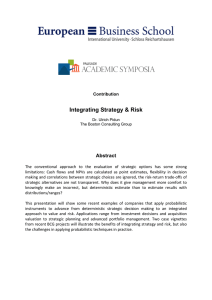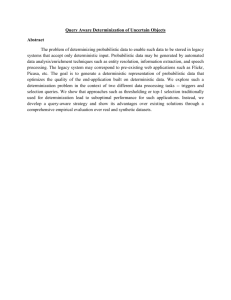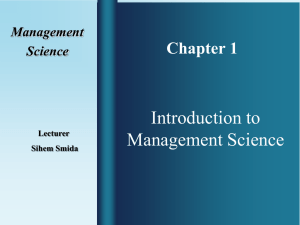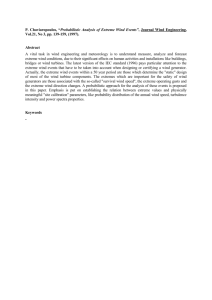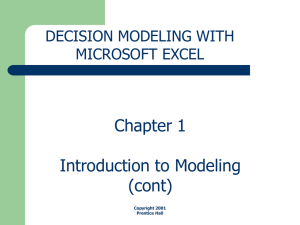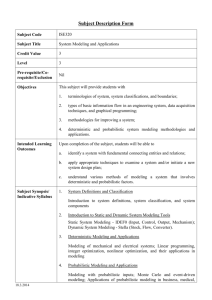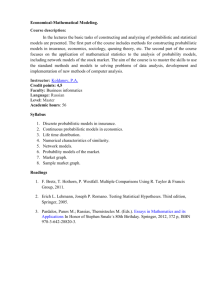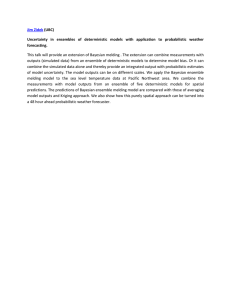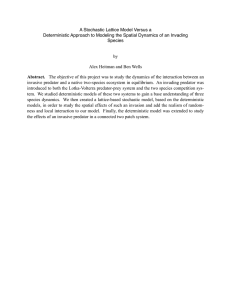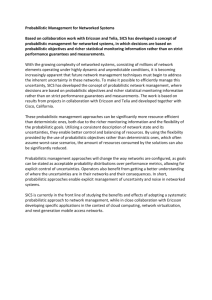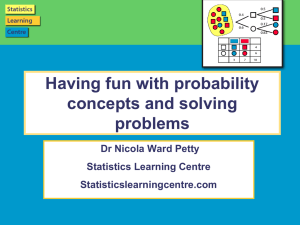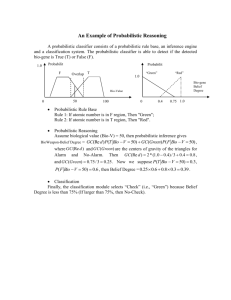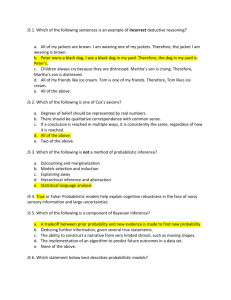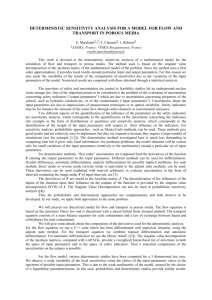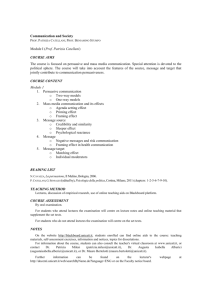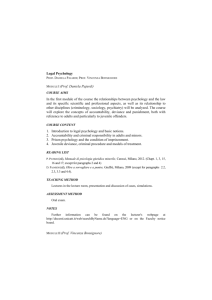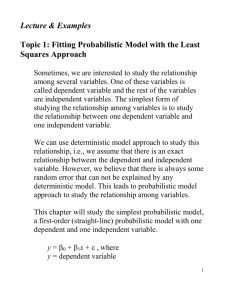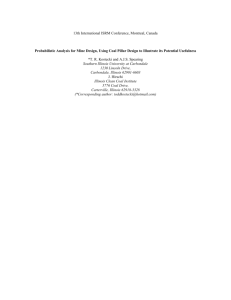Operations Research
advertisement
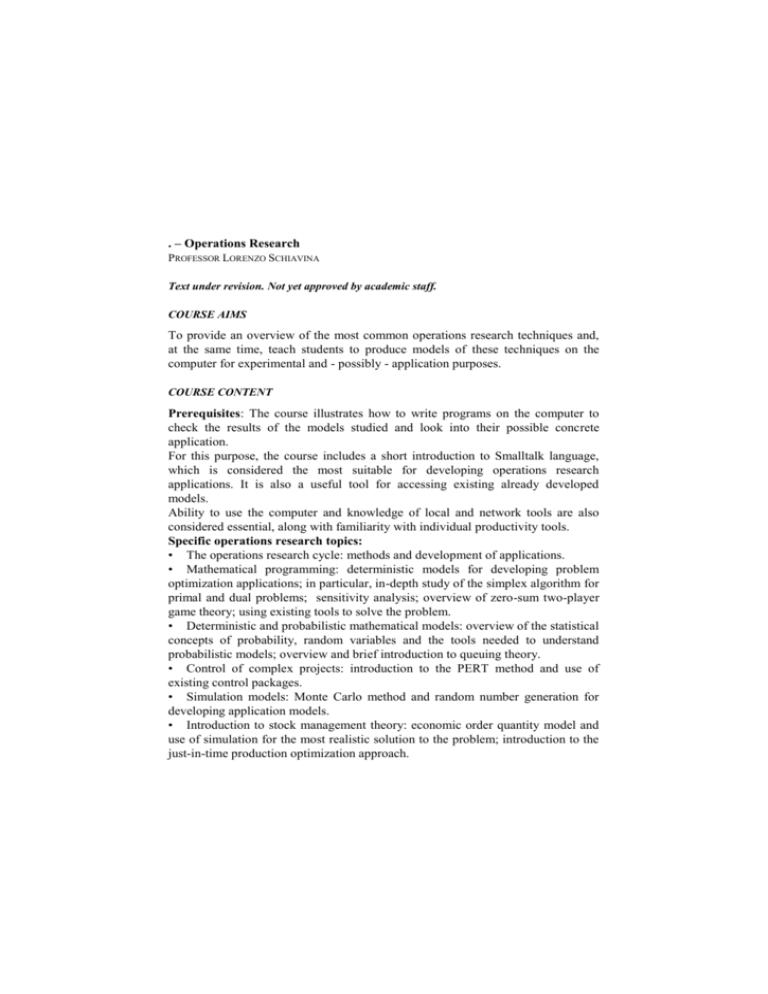
. – Operations Research PROFESSOR LORENZO SCHIAVINA Text under revision. Not yet approved by academic staff. COURSE AIMS To provide an overview of the most common operations research techniques and, at the same time, teach students to produce models of these techniques on the computer for experimental and - possibly - application purposes. COURSE CONTENT Prerequisites: The course illustrates how to write programs on the computer to check the results of the models studied and look into their possible concrete application. For this purpose, the course includes a short introduction to Smalltalk language, which is considered the most suitable for developing operations research applications. It is also a useful tool for accessing existing already developed models. Ability to use the computer and knowledge of local and network tools are also considered essential, along with familiarity with individual productivity tools. Specific operations research topics: • The operations research cycle: methods and development of applications. • Mathematical programming: deterministic models for developing problem optimization applications; in particular, in-depth study of the simplex algorithm for primal and dual problems; sensitivity analysis; overview of zero-sum two-player game theory; using existing tools to solve the problem. • Deterministic and probabilistic mathematical models: overview of the statistical concepts of probability, random variables and the tools needed to understand probabilistic models; overview and brief introduction to queuing theory. • Control of complex projects: introduction to the PERT method and use of existing control packages. • Simulation models: Monte Carlo method and random number generation for developing application models. • Introduction to stock management theory: economic order quantity model and use of simulation for the most realistic solution to the problem; introduction to the just-in-time production optimization approach. • Creating and using expert systems: concept and application of expert systems and introduction to the backpropagation algorithm; introduction to fuzzy logic for creating expert systems; using the DIRO (data in - rules out) approach to develop expert systems; use of the FuzzyWorld package with examples of applications of various kinds. READING LIST Basic textbook: L. SCHIAVINA, Metodi e strumenti per la modellizzazione aziendale. Come gestire il problem solving e il decision making, Franco Angeli, Milan, 2006. Textbooks and programs will also be recommended according to the topics dealt with. TEACHING METHOD All students are required to have a basic understanding of the use of Smalltalk on the PC; the course is based on lectures and exercises on some of the topics covered, and students may link up with the lecturer for clarification or doubts. ASSESSMENT METHOD Course participants have to set up working groups to develop their own applications on proposed topics; however, students are assessed individually on how they illustrate and present their work; the work carried out and relevant documentation has to be made available on a specific freely-consultable website. NOTES Further information can be found on the lecturer's webpage http://www2.unicatt.it/unicattolica/docenti/index.html or on the Faculty notice board. at
